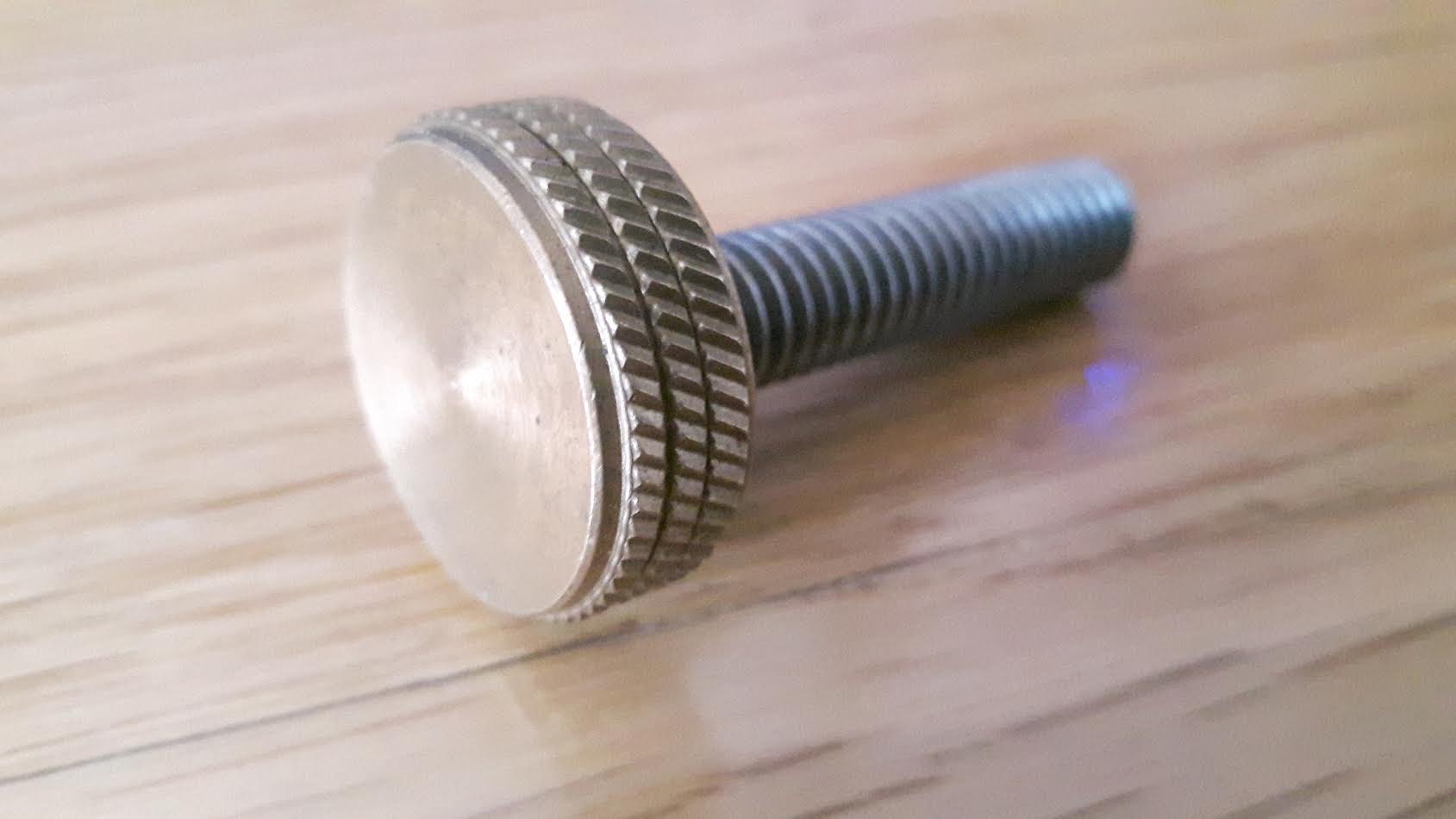At some point, I think it does a disservice to beginners to have them believe that a $3K plane or a $400 shooting board is going to have any significant effect on their work. If someone says "well, i have a ton of money and nothing to do with it", then by all means. I recall that when I picked this hobby up, there was some literal advice that an infill plane is the ultimate in planing difficult wood. I believed that, too. I would never have been one to go for a $400 shooting board, but I spent more than my share on stuff that I never use.
David, I agree with you, but I do not know what to suggest. The problem is that you and I have neither the prominence nor the importance as woodworkers to influence a newcomer. Someone such as David Charlesworth could. Paul Sellers and Chris Schwarz clearly do amongst their minions. Actually, I take that back - I offer up a build along, and someone will see the nice tools I use and imagine that my good work is due to them. And you will talk about Norris planes on forums, and the message is that they are wonderful and offer an advantage. We are all guilty of promoting the fantasy of excellence through expensive tools. We bought into this ourselves when we started out. Not knowing what was good and what to buy, we sought to emulate our heros.
The fact is that there are a lot of high quality tools around these days. Some are shiny and new and others are diamonds in the rust. Many of the followers on forums I occasionally visit just wish to belong to a club. And the very basic pieces they make satisfy their inner woodworker (I watched a guy build a simple face grain cutting board - thicknessing, glueing and cutting - using many thousands of Dollars of high end power equipment. He was very happy. Try telling him that it could all be done with a #4 Stanley).
Were you ready to be told about Stanley planes and chipbreakers 10 years ago? What if I had said to you that you did not need the hundreds of sharpening stones you went through, and just needed two? Would you have listened? :lol:
I think that there is irony in the reaction of the followers of Paul Sellers. Paul pushes basic tools, such as the #4. I am not criticising the underlying motive (which is to get people woodworking as cheaply as possible). What I see (on forums), however, is that many only wish to use a #4 (and sans chipbreaker) for everything because Paul tells them this is the way. They stop exploring further options. Perhaps they will one day if they continue. Experience is earned, not taught or bought.
As I stated earlier, I do not have an answer. I find some the comments here and elsewhere bordering on the religiose. Intolerance (snide comments) turns me off. My preference is to discuss pros and cons, method of use, and illustrate these when possible. There is not enough of this, I feel.
Regards from Perth
Derek
I can't really disagree with much or any of that. I think it's sort of a lost cause, and everyone has to see for themselves. That's partly my problem, I have to see it for myself.
If I said on 10 posts that I'm only really buying infills to have patterns to copy, it still doesn't sink in. I can say that the expensive later norris panel plane that I bought is really not that bad, it's almost as good as the $25 stanley 6 that I found in an antique store, but not quite. Maybe it would be as good as the stanley if it didn't have an adjuster, except the stanley adjuster system is a good one, so maybe not! That part gets missed.
I wish I hadn't bought any of the norris planes with adjusters, because I'll lose a little money when I sell them, but I just have to see everything for myself, I guess.





